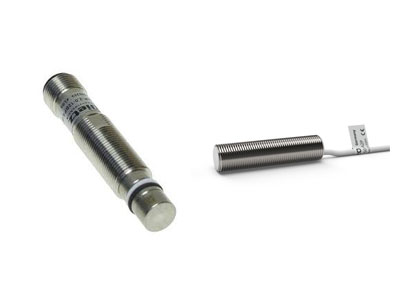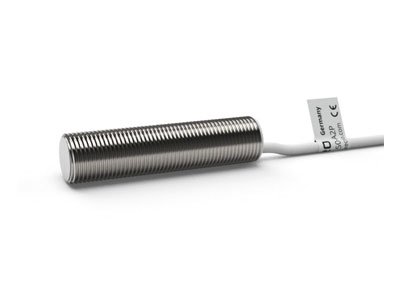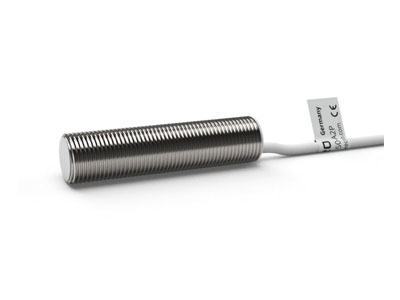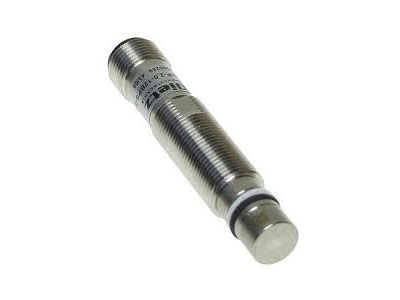Dietz Inductive Sensors | Dietz Proximity Sensors
At IndMALL Automation, we offer a variety of Dietz Inductive Sensors that are ideal for detecting metal objects without direct contact. These sensors provide reliable performance in industrial settings, ensuring precise operation and enhanced machine safety. Available in different models to suit a range of applications, Dietz Inductive Sensors are designed for durability and resistance to harsh environments. Whether for positioning, presence detection, or distance measurement, these sensors maintain high accuracy and repeatability, making them indispensable in automated processes.


Dietz Inductive Sensor: INS12S2DO50-A2P
Sensing Distance: 2 mm
- Mounting: flush
- Output Function: NO
- Output Polarity: NPN
- Operating Voltage: 10…30 VDC
- Reverse Polarity Protection: built-in

INS18S8PCO55-A2P
Sensing Distance: 8 mm
- Mounting: flush
- Output Function: NO+NC
- Output Polarity: PNP
- Operating Voltage: 10…30 VDC
- Reverse Polarity Protection: built-in

IAV12N10010-N12
Sensing Distance: 3.1…10 mm
- Mounting: Non-flush
- Connector: M12 male Connector
- Operating Voltage: 10…30 VDC
- Degree of Protection: IP67
Dietz Inductive Sensors are expertly crafted for non-contact metal detection in diverse industrial environments. These sensors, renowned for their precision and robustness, come in various sizes and configurations to cater to specific application needs, such as object detection, position determination, and proximity monitoring. They are engineered to operate efficiently under tough conditions, offering reliable output and connectivity options. indMALL offers Dietz range includes models suitable for high-temperature zones and others with enhanced sensitivity to detect the finest metal parts, making them versatile tools in automation and manufacturing processes.
Frequently Asked Questions
What is the principle of inductive proximity sensor?
The principle of an inductive proximity sensor involves generating an electromagnetic field from a coil to detect metal objects. When a metal object enters this field, it causes a disturbance detected by the sensor, changing the oscillation amplitude. This change is processed by the sensor’s circuitry, which then outputs a signal indicating the presence of the metal object without physical contact.
What are the advantages of inductive proximity sensors?
Inductive proximity sensors offer several advantages for industrial applications:
Non-contact Detection: They can detect metal objects without physical contact, reducing wear and tear.
Durability: Highly durable against dust, dirt, and moisture due to their solid-state design.
High-speed Operation: Capable of detecting objects rapidly, which is ideal for fast-moving processes.
Accuracy: Provide precise measurements, ensuring consistent performance.
Easy Installation: Simple to install and integrate into various systems, with minimal maintenance required.
What is the voltage of inductive proximity sensor?
The voltage range for inductive proximity sensors typically varies, with common configurations operating on 10 to 30 volts DC. Some models are also designed to work with different voltages, accommodating various industrial requirements for both low and high voltage operations. This flexibility ensures compatibility with a wide array of machinery and control systems.
Request Quote for Dietz Inductive Sensors.


